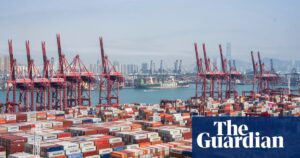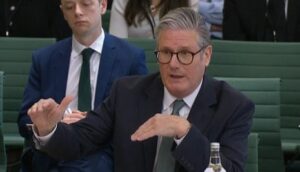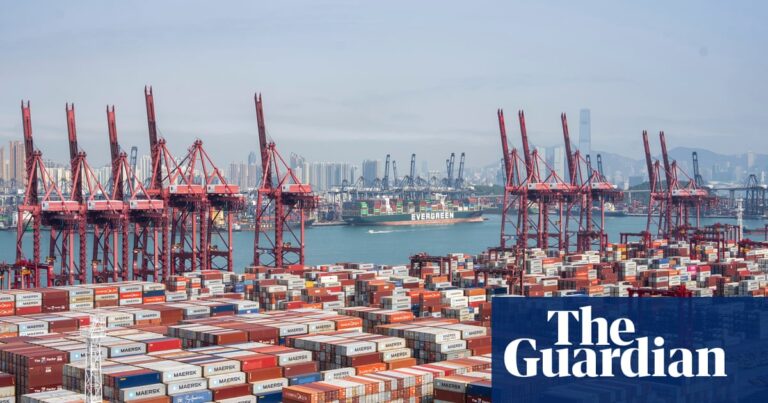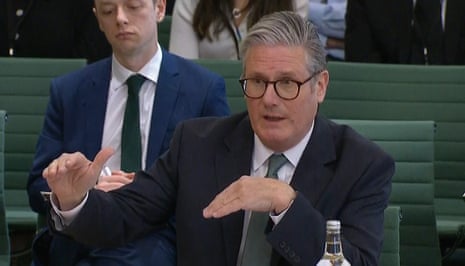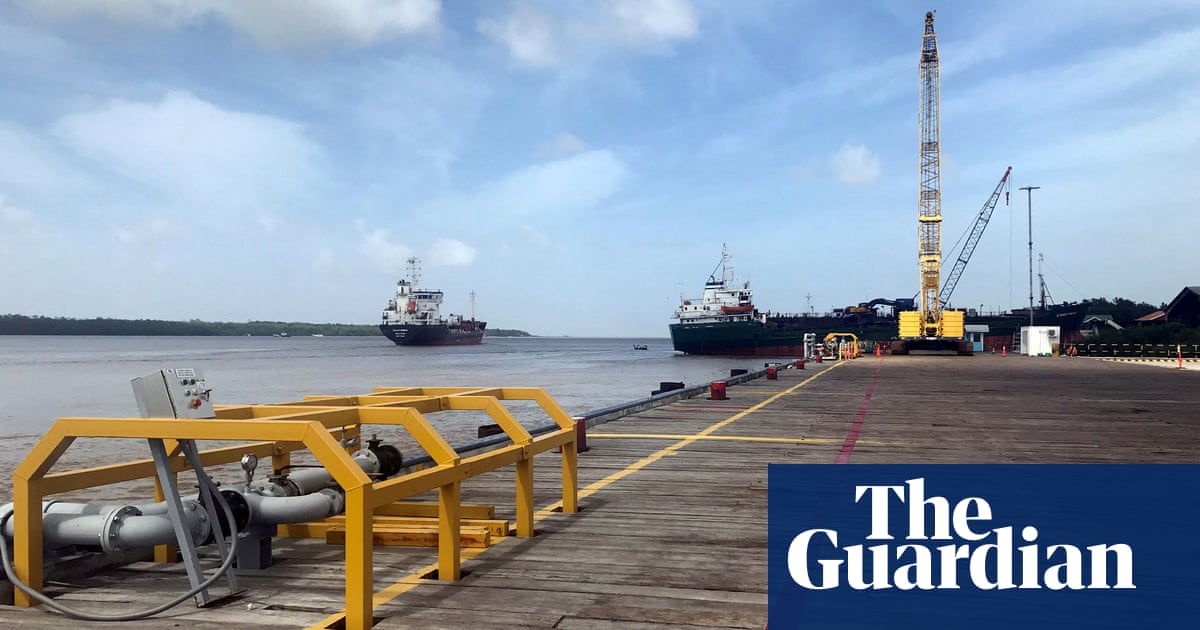
Despite potential risks of worsening tensions between Guyana and Venezuela, ExxonMobil remains firm in its plans to search for oil in a disputed region.
The relationship between the two nations has hit a record low in recent months due to the Venezuelan president, Nicolás Maduro, making statements implying that he may use force to claim the Essequibo region.
Leaders in South America are working to ease tensions and concerns about Maduro potentially claiming the valuable mineral resources in the rainforest. However, Exxon’s statement could reignite the dispute.
According to Geoff Ramsey, a senior member of the Atlantic Council, this announcement comes at a particularly inconvenient time. Over the past three months, neighboring countries, with Brazil taking the lead, have been making efforts to ease tensions and promote effective communication between the Venezuelan government and its neighbors. This will be a significant challenge for regional diplomacy.
Since the 1960s, Venezuela has asserted its ownership of the Essequibo region. The issue is currently under examination in the international court of justice, but Maduro’s choice to revive this long-standing territorial disagreement has been criticized as an effort to rally patriotic backing within the country.
The leader of Venezuela has been the primary figure in a prolonged effort to promote national ideology and asserts that his nation voted in December to reject The Hague’s authority and reclaim Essequibo, which comprises 2/3 of Guyanese land.
In December, Guyana and Venezuela held a meeting in Brazil where they reached an agreement to refrain from using military force. However, the two parties were unable to come up with a permanent solution to their dispute.
On Monday, Brazil deployed additional troops to its border with Guyana and Venezuela, indicating that the issue is still ongoing. The US also revealed plans to strengthen Guyana’s defense with the addition of new aircraft, helicopters, military drones, and radar technology this week.
Despite the increasing conflicts, the head of ExxonMobil Guyana affirmed on Tuesday that the energy company was committed to its proposal of drilling two additional test wells near Guyana’s Atlantic shoreline.
Alistair Routledge informed reporters, “We have no plans to leave.”
Previously, soldiers from Venezuela have expelled Exxon crews from the disputed area. This occurred in 2013 when a Venezuelan gunboat held one of their crews captive and again in 2019 when a Venezuelan military helicopter attempted to land on an Exxon vessel.
Guyana’s foreign secretary, Robert Persaud, told the Guardian that he agrees with Routledge’s defiance and stated that Venezuela should not be concerned about the project, as it will be carried out in territory that is internationally recognized as belonging to Guyana.
According to Persaud, there are no obstacles preventing Guyana from asserting its rights to its legally recognized land and ocean territory. This has been and will continue to be the case, as there is no provision in international law or any agreement that limits this right.
Source: theguardian.com



